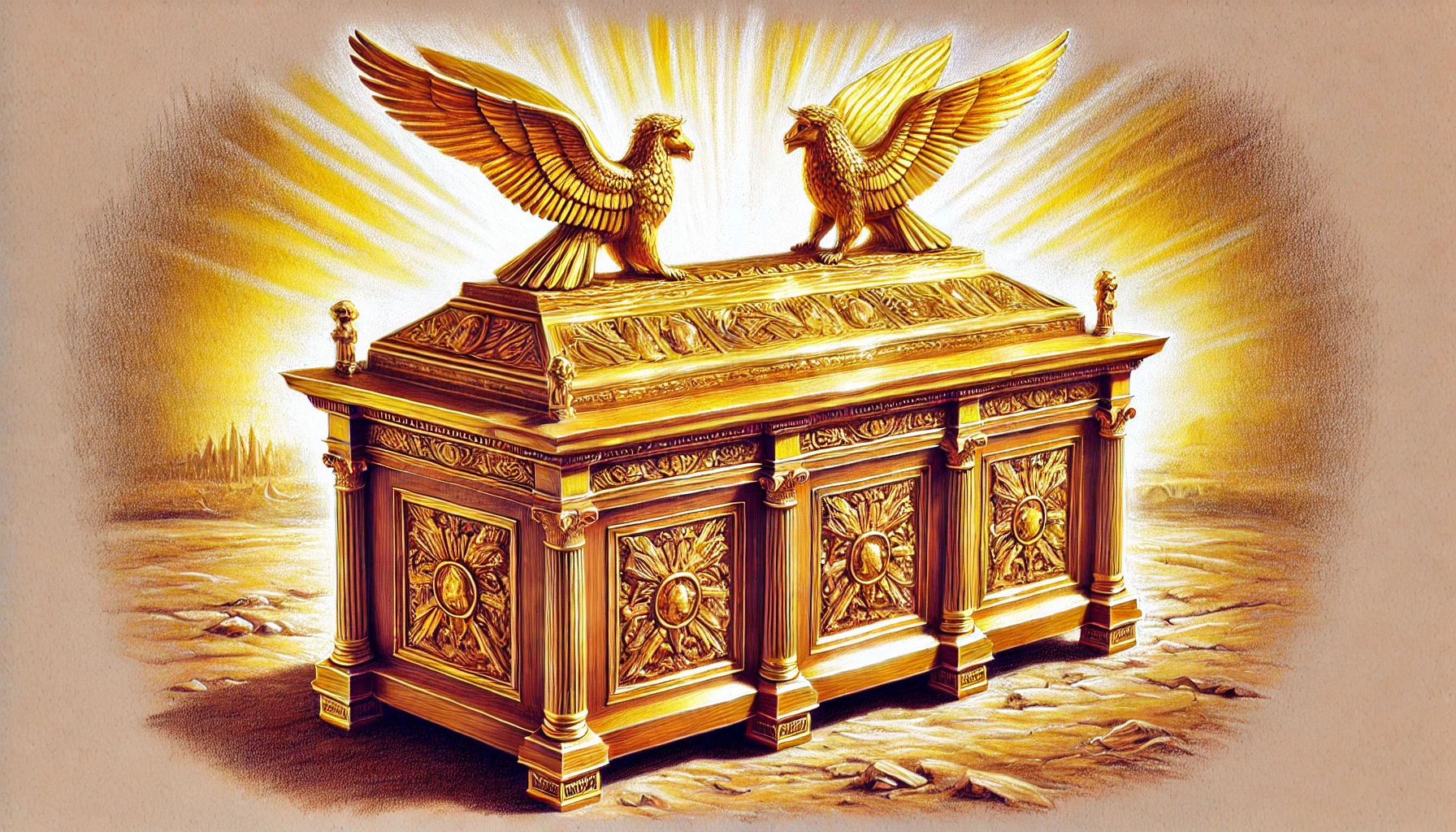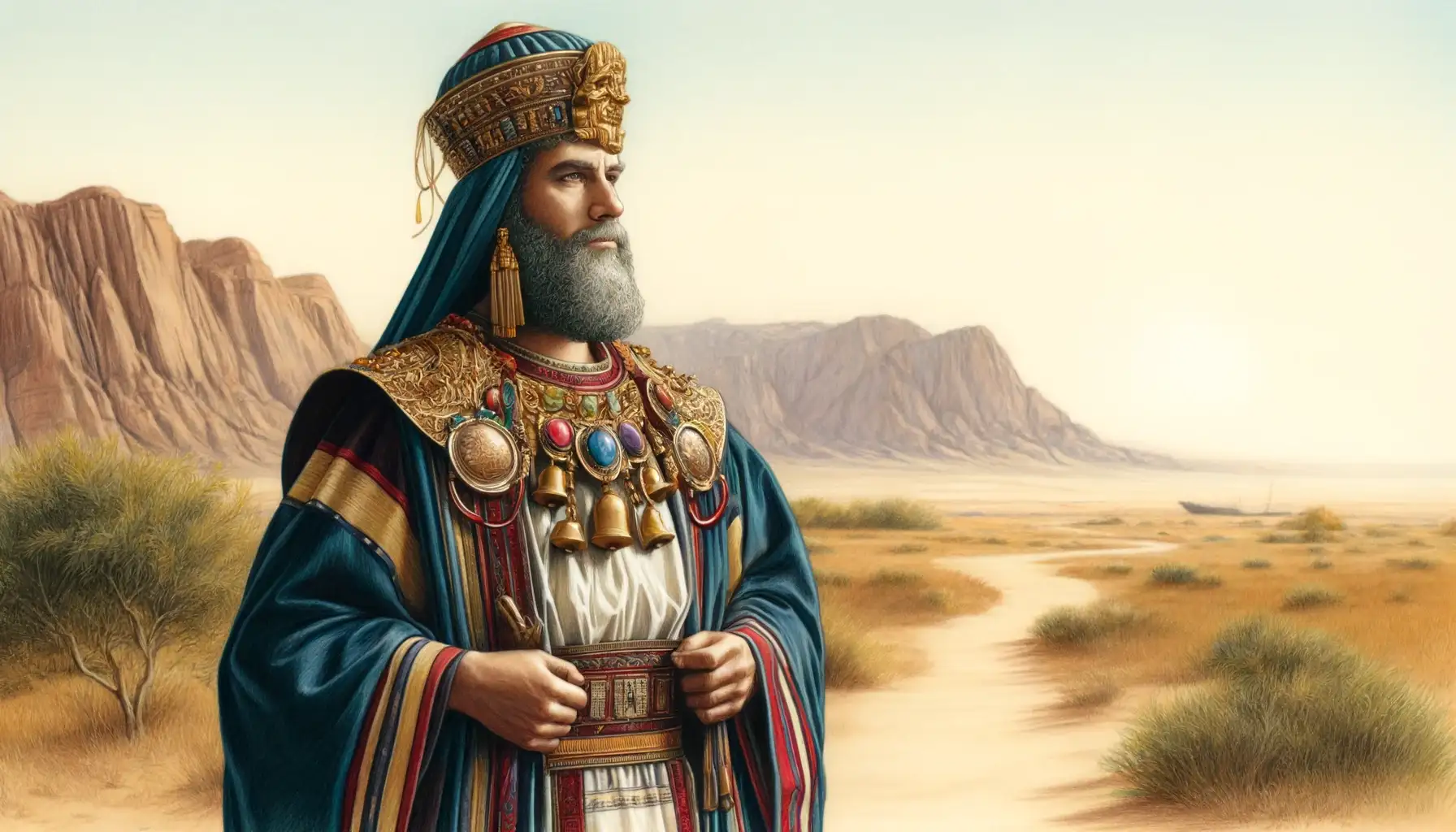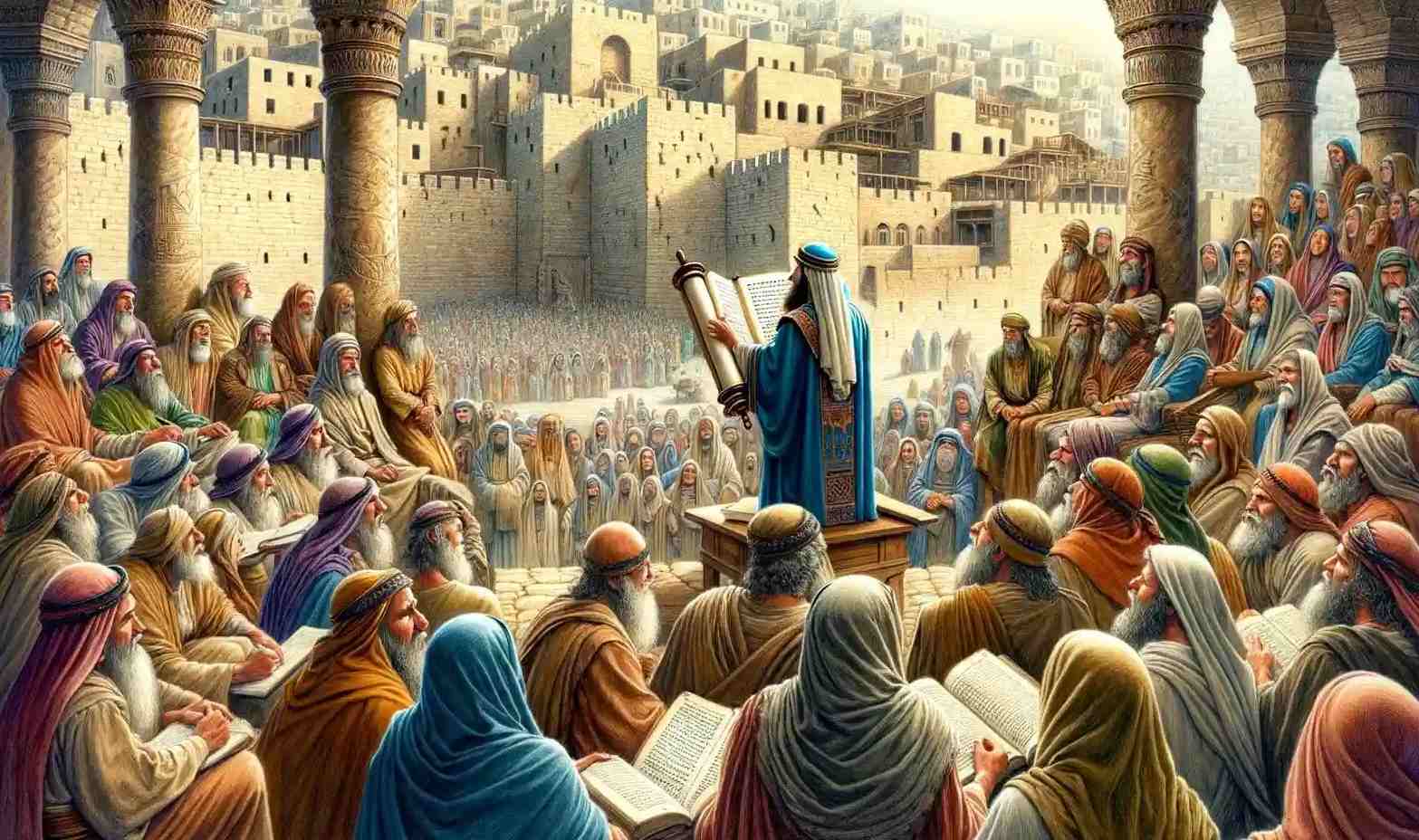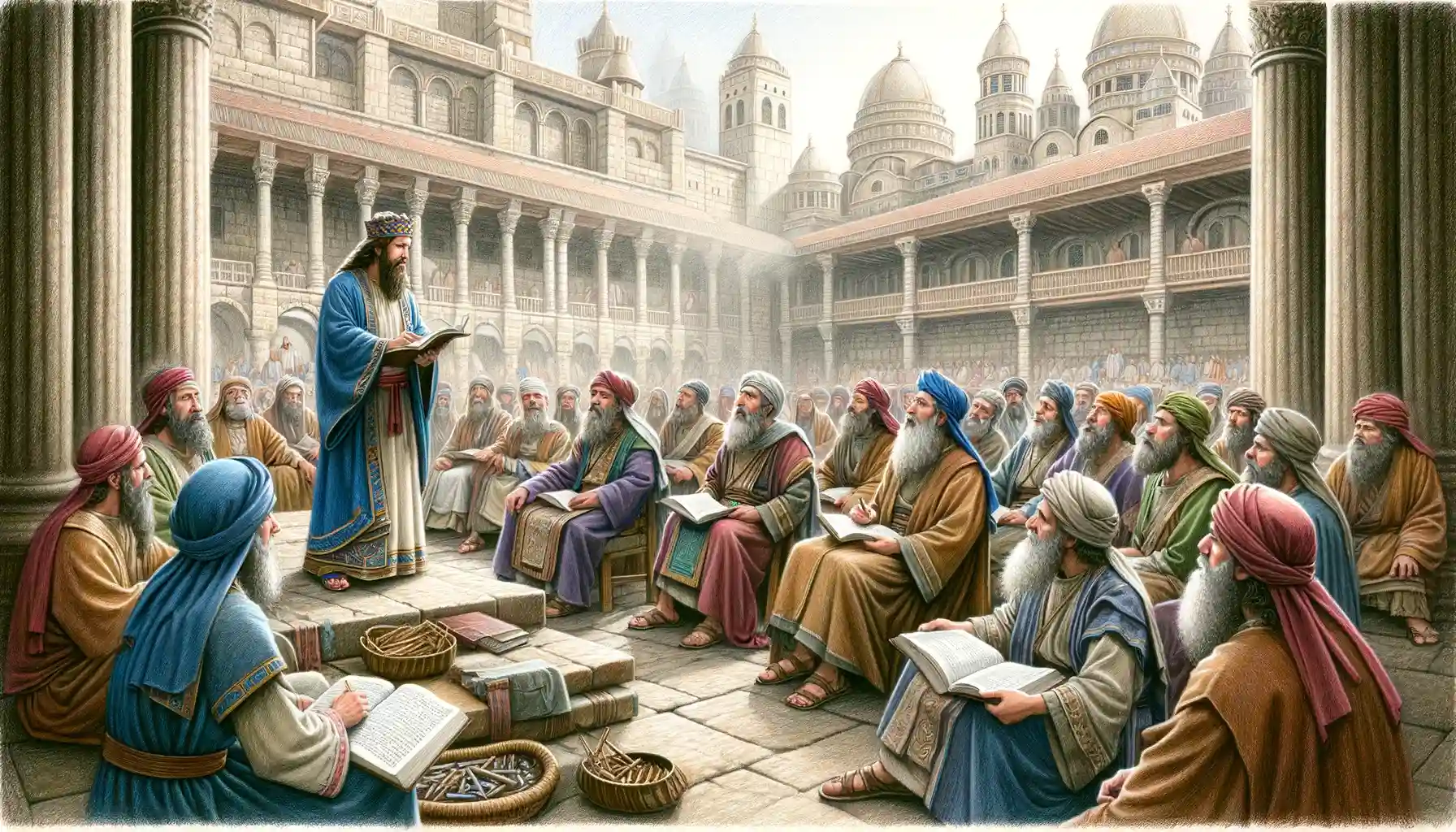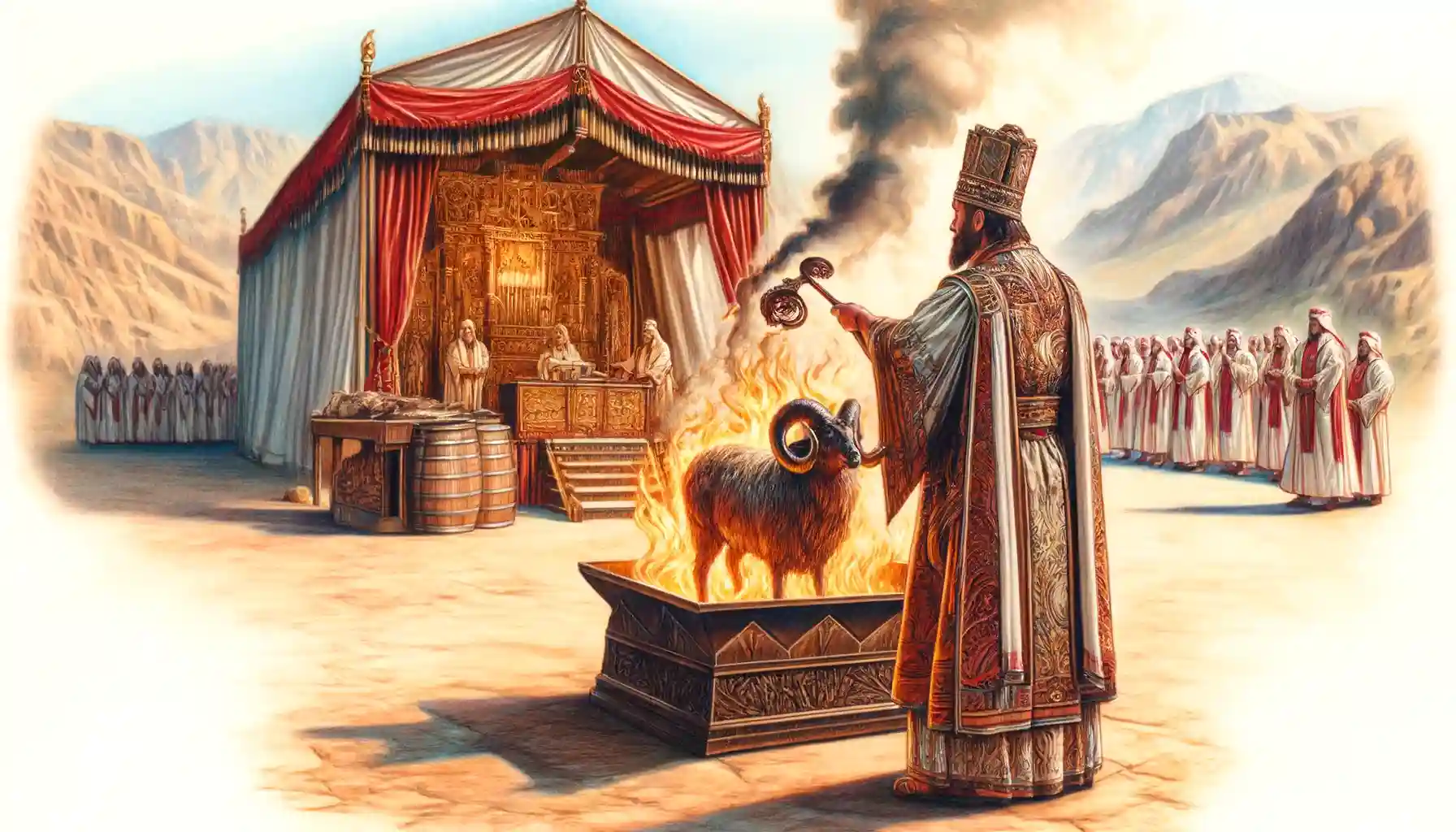The Ark of the Covenant is a gold-covered chest that held the Ten Commandments, symbolizing God’s presence and covenant with Israel. It played a central role in Israelite worship and religious life until its mysterious disappearance after the destruction of the First Temple.
Aaron’s life and ministry were foundational in shaping the liturgical and communal identity of Israel. His legacy is marked by both his leadership in worship and the complexities of his human vulnerabilities.
Ezra provides a narrative of hope and divine faithfulness, emphasizing that renewal is possible through adherence to religious foundations and responsive leadership.
1 Chronicles provides a unique perspective by reinterpreting Israel’s history to focus on theological and liturgical concerns, particularly relevant for the community returning from exile and rebuilding their identity.
The Book of Judges provides a vivid portrayal of the challenges and failures of Israel during a tumultuous period, offering profound insights into human nature, divine justice, and the mercy of God.
The Book of Numbers narrates the Israelites’ tumultuous journey through the wilderness, detailing their organization, rebellions, and God’s provision and punishment, as they prepare to enter the Promised Land.
The Book of Leviticus outlines detailed laws and rituals for the Israelites, emphasizing purity, moral conduct, and holiness to maintain their covenantal relationship with a holy God.
The Book of Exodus chronicles the deliverance of the Israelites from slavery in Egypt, their covenant relationship with God at Mount Sinai, and their journey towards the Promised Land, emphasizing God’s faithfulness and the formation of a holy nation under His laws.

